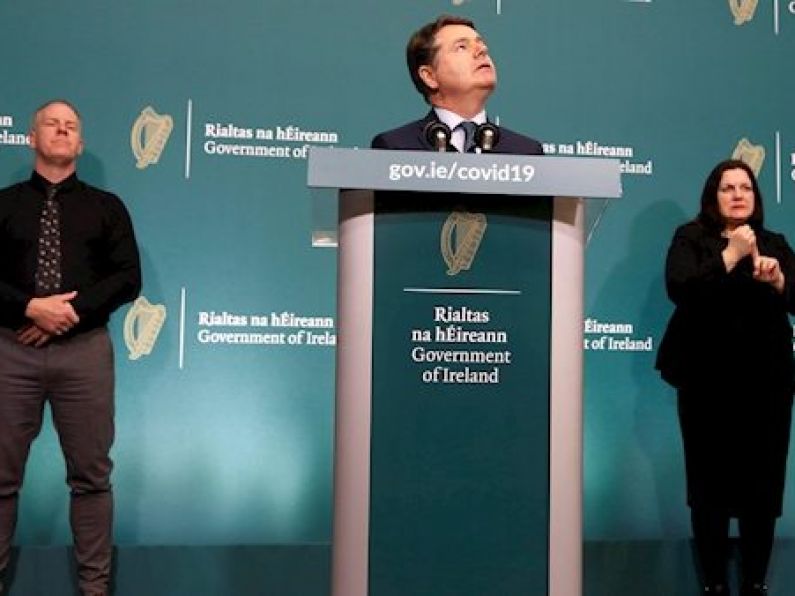With the Government set to reveal the largest budget package in the history of the State in the coming days, detail has begun to emerge of the new spending measures.
The Government is finalising Budget 2021 this weekend before its publication on Tuesday, with the package expected to be as high as €5 to €6 billion, according to the Irish Times.
The expected spending has soared from a previously expected €3 billion as the Government continues to borrow and spend vast amounts to pay the costs of the coronavirus pandemic.
So what do we know about the spending so far?
Incomes
No raises in income tax are expected.
Up to €9 billion of the budget will go on social welfare, though the Pandemic Unemployment Payment is unlikely to be restored to its previous level.
Affordable housing
Senior sources have indicated to the Irish Times that an additional allocation will be made for affordable housing.
Negotiations are continuing on a scheme to see the State take part-ownership of homes, a stake which would be paid back over time, in an effort to make owning a property more accessible.
Construction and housing will likely be shielded from any policy or taxation changes amid fears it could endanger employment or tax revenues.
Healthcare and Covid-19
The spending of the budget will be in addition to extra Covid-19 spending already committed, which is already projected to add €8 billion to €9 billion to current expenditure next year.
The budget is likely to contain funding for new investment in maternity services, after signals made by Minister for Health Stephen Donnelly yesterday.
VAT cut
Sources have indicated that the VAT cut introduced in the July stimulus programme will not be extended and will expire in February.
However, a VAT reduction aimed at bolstering the hospitality sector is expected, according to the Irish Examiner, as pressure mounts on the Government to reduce the current rate of 13 per cent back to the 2018 rate of 9 per cent.
An extension of the commercial rates waiver up to next April is also likely.
Climate action
A rise in the carbon tax is expected.
Changes are also expected to make purchasing new high-emissions vehicles more expensive.
Music and arts
The performing arts sector is to receive “tens of millions” of euro in funding for small community venues and large commercial concert spaces, according to the Irish Examiner.
Grants of up to €10,000 for music and theatre venues are expected to be included in the budget in a programme described as a “lifeline for the industry”.
Deficit
Minister for Finance Paschal Donohoe said yesterday that the deficit for 2020 was expected to be €21 billion, warning that the projection would increase if further restrictions were reduced as a result of the pandemic.
Minister for Public Expenditure Michael McGrath said total expenditure this year would be more than €86 billion, the largest bill for running the State in its history with about €16 billion of extraordinary pandemic-related measures.
All the money required to fund the deficit this year and next will be borrowed and added to the national debt, the Ministers confirmed.






